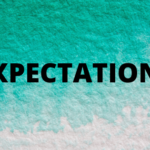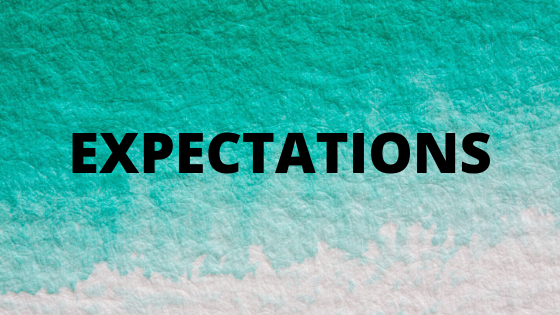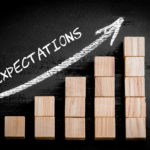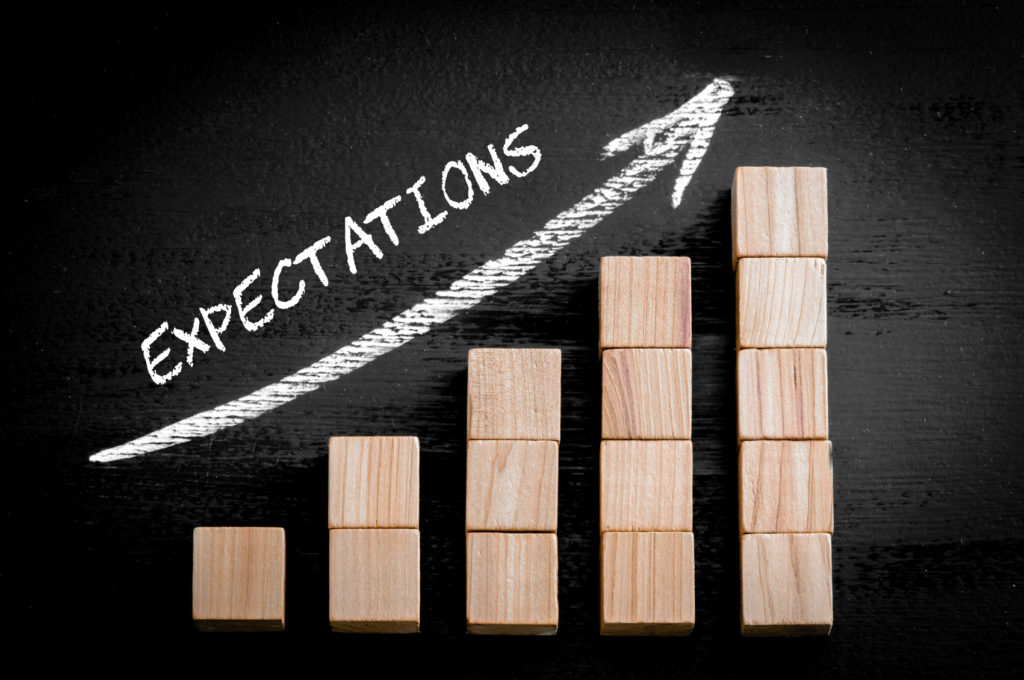FRIDAY REVIEW: EXPECTATIONS
What expectations do you carry for yourself and others? Here are a few expectation-related posts you may have missed.

“Accept this moment as if you had chosen it.”

“Do your expectations fuel you or deflate you?”


What expectations do you carry for yourself and others? Here are a few expectation-related posts you may have missed.

“Accept this moment as if you had chosen it.”

“Do your expectations fuel you or deflate you?”


Image from EmpireOnLIne
One of our family’s most beloved film series is Toy Story. We have seen most of the films multiple times. Now with our two-and-a-half-year-old grandson Weston we have many more exposures, including action figures and his Woody and Buzz Lightyear pajamas.
When asked to describe Buzz, virtually everyone can repeat his famous “To infinity and beyond” phrase with bold enthusiasm. It uplifts and motivates all of us to channel our own superpowers, do great things, and exceed our own current potential.
Where and in what ways can you go well beyond the expectations others have for you in your personal or professional communities? What bold and significant actions can and will you take today to reach beyond your own perceived limits and exceed your own expectations?

Having something to look forward to is a powerful thing. It sets up our expectations and can shift our present moment attitude toward positivity and anticipation.
Notice how you feel when you look forward to:
Unfortunately, negative expectations about the future can take the wind out of us just as easily. Consider these situations:
How can and will you use greater mindfulness and self-awareness to maximize your positive and minimize your negative expectations?
Practicing and applying this exercise daily can provide the fuel for a more fulfilling life.

Image from Unsplash by Robert Coelho
Imagine your life as a board game that involves successfully navigating different frontiers or territories in order to win.
The frontiers are:
Where are you falling behind, keeping up, or ahead of your current expectation for yourself?
What is your next move in these and other priority areas of your life?
Consider picking up a copy of Seth Godin’s book What to Do When it’s Your Turn to help you see and pursue your next move.

Image from Unsplash by Jammie Templeton
As part of my coaching discovery process, I ask prospective clients to answer a number of questions that help them fully examine the potential value of us working together.
These questions help them expand what is working, and impact what is not. For many individuals, the following question provokes considerable interest:
What do you expect to achieve in your professional
and personal life, given your current plans, strategies,
and general direction?
Given time to explore this question fully, most people see the need to change course if they are to fully realize their highest priority goals and not end up where they are currently heading.
Consider answering this question for yourself and discussing any insights and potential actions you plan to take with a friend, colleague, mentor, family member, or coach.
Feel free to reply to this post with what value you create.

Image from Unsplash by Luke Chesser
What percentage of your day do you find yourself irritated, upset, or even angry about how things are going?
Consider your thwarted intentions and unfulfilled expectations as precursors to such feelings.
What benefit might you experience if you stopped resisting how things are and chose instead to accept and allow them to be as they are?
What people and events are occurring in your life in which acceptance would provide you the greatest value?
What are your expectations for the various aspects of your life? Here are a few expectation-related posts you may have missed. Click the link to read the full message.




Image from Flickr by Jason Pier in DC
How often in your personal or professional worlds do people let you down by making, then not fulfilling, their promises?
Unfulfilled expectations are key reasons for the upsets we experience on a daily basis.
A simple yet highly effective strategy to bolster the odds of promises being fulfilled is to add accountability and direct inspection to the agreements you reach with others.
The knowledge that you or others will actually be checking up and inspecting the efforts and accompanying results almost guarantees the job gets done.
Where in either your personal or professional worlds would an “inspect what you expect” strategy dramatically improve the percentage of promises kept, and the results you desire?
One of the primary reasons people experience varying degrees of upset in their lives is unfulfilled expectations.
When we believe that something is supposed to happen, such as a friend or colleague making a promise on which they do not follow through, our blood can boil a bit.
If we take coaching from today’s quote, and inspect what we expect, we can often shift our expectations on the fly. This will reduce negative consequences considerably. On many occasions, the added attention we give to such matters increase the odds of our expectations being fulfilled.
How would the practice or habit of inspecting what you expect impact your personal or professional worlds for the better?

Image from www.mattcromwell.com
The coaching process usually helps people delve into new areas of perception, reconsidering their views of reality and what is possible. This expanded consciousness can either increase our courage to pursue new possibilities or generate fear which can make us stop, or even run in the opposite direction.
In what areas of your life are you selling yourself short due to fear?
How can you summon the courage of your expanded consciousness to foster and realize new possibilities in your professional and personal life?